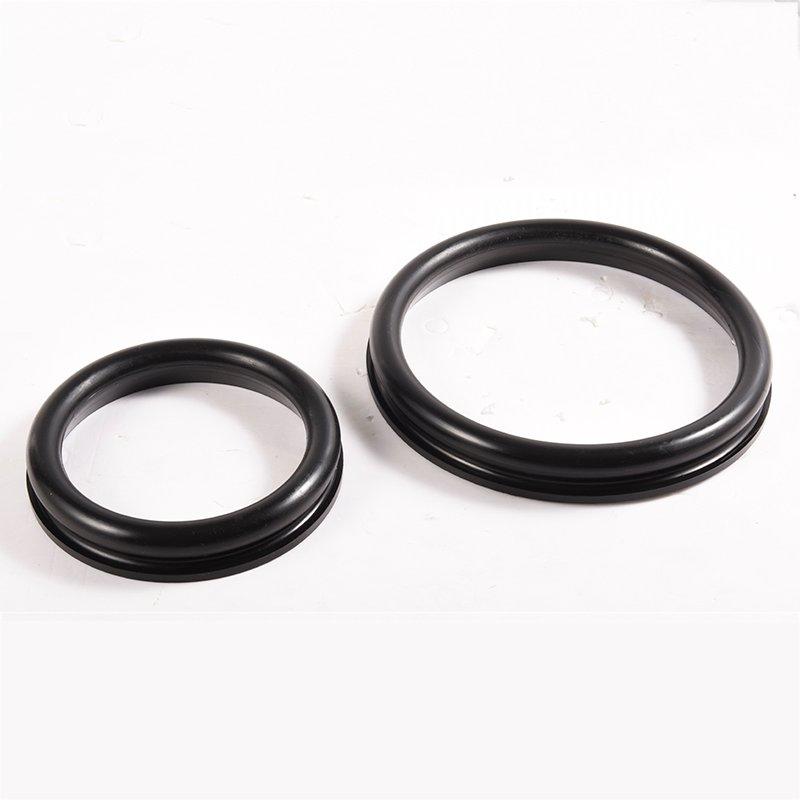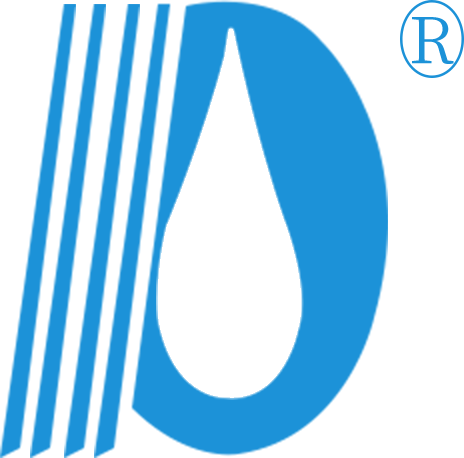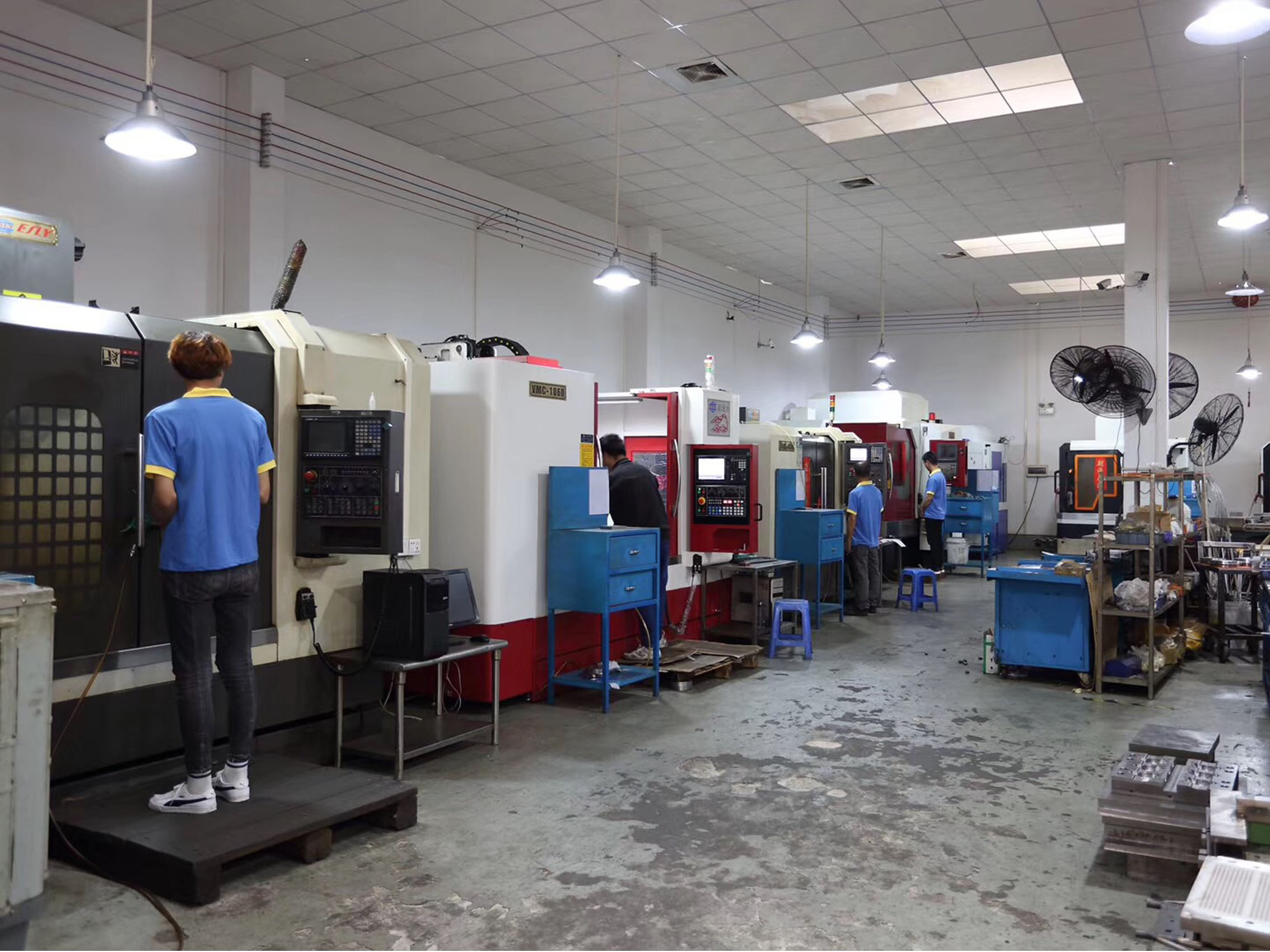TYTON rubber gasket quality and process requirements standards.
The main products of China's rubber gaskets are silicone gaskets and nitrile rubber gaskets.TYTON rubber gasket have oil resistance, acid and alkali resistance, cold and heat resistance, aging resistance, etc., and can be directly cut into various shapes of sealing gaskets, which are widely used in medicine, electronics, chemical, antistatic, flame retardant, food and other industries.
1. Related products and applications
TYTON rubber gasket is a kind of thin rubber product, which acts as a seal between two fixed surfaces of metal flanges or other connections, collectively called rubber gaskets. It can be made by molding or vulcanizing film. It can be widely used in various mechanical equipment, such as gaskets, seals, buffers, etc. In terms of form, commonly used rubber gaskets include: rubber flat gaskets, rubber O-rings, plastic flat gaskets, PTFE gaskets, asbestos rubber gaskets, metal flat gaskets, metal profile gaskets, metal wrapping gaskets, corrugated gaskets, winding Washers, etc.
(1) Rubber flat gaskets: easy to deform, easy to press, but poor pressure and temperature resistance, only used in low pressure and low temperature places. Natural rubber has certain acid and alkali resistance, and the use temperature should not exceed 60°C; Neoprene rubber can also resist certain acids and alkalis, and the use temperature is 80°C; nitrile rubber is resistant to oil, which can be used at temperatures up to 80°C Fluorine rubber has very good corrosion resistance and better temperature resistance than ordinary rubber. It can be used in 150°C medium.
(2) Rubber gasket: the cross-sectional shape is circular, which has a certain self-tightening effect. The sealing effect is better than flat gaskets, and the tightening force is smaller.

From the material point of view, the main products of rubber pads are: silicone pads, nitrile rubber pads, fluoro rubber pads and other rubber pads. Rubber gaskets have oil resistance, acid resistance, heat resistance, aging resistance, etc., and can be directly cut into sealing gaskets of various shapes.
1. Silicone rubber:
It has excellent resistance to high and low temperature, has good elasticity in the temperature range of -70℃-+260℃, is resistant to ozone and weathering, and is suitable for thermomechanical gaskets. It is non-toxic and can be used to manufacture heat insulation, insulation products and medical rubber products. At the same time, it also has excellent waterproof, flame retardant, high temperature resistance, conductivity, wear resistance, oil resistance and other properties. It is widely used in machinery, electronics, pipeline and other industries.
2. Nitrile rubber:
Nitrile butadiene rubber (NBR) is a polymer made by emulsion copolymerization of butadiene and acrylonitrile. It is known for its excellent oil resistance, good abrasion resistance, aging resistance and air tightness. Therefore, it has been widely used in the rubber industry.
3. Fluorine rubber:
It has high temperature resistance and can be used in an environment of -20°C- +200°C. It is resistant to strong oxidants, oils and acids and alkalis. It is usually used in high temperature, high vacuum and high pressure environments, as well as oily environments. It is widely used in petroleum, chemical, aerospace, aerospace and other fields.
1. Related products and applications
TYTON rubber gasket is a kind of thin rubber product, which acts as a seal between two fixed surfaces of metal flanges or other connections, collectively called rubber gaskets. It can be made by molding or vulcanizing film. It can be widely used in various mechanical equipment, such as gaskets, seals, buffers, etc. In terms of form, commonly used rubber gaskets include: rubber flat gaskets, rubber O-rings, plastic flat gaskets, PTFE gaskets, asbestos rubber gaskets, metal flat gaskets, metal profile gaskets, metal wrapping gaskets, corrugated gaskets, winding Washers, etc.
(1) Rubber flat gaskets: easy to deform, easy to press, but poor pressure and temperature resistance, only used in low pressure and low temperature places. Natural rubber has certain acid and alkali resistance, and the use temperature should not exceed 60°C; Neoprene rubber can also resist certain acids and alkalis, and the use temperature is 80°C; nitrile rubber is resistant to oil, which can be used at temperatures up to 80°C Fluorine rubber has very good corrosion resistance and better temperature resistance than ordinary rubber. It can be used in 150°C medium.
(2) Rubber gasket: the cross-sectional shape is circular, which has a certain self-tightening effect. The sealing effect is better than flat gaskets, and the tightening force is smaller.

From the material point of view, the main products of rubber pads are: silicone pads, nitrile rubber pads, fluoro rubber pads and other rubber pads. Rubber gaskets have oil resistance, acid resistance, heat resistance, aging resistance, etc., and can be directly cut into sealing gaskets of various shapes.
1. Silicone rubber:
It has excellent resistance to high and low temperature, has good elasticity in the temperature range of -70℃-+260℃, is resistant to ozone and weathering, and is suitable for thermomechanical gaskets. It is non-toxic and can be used to manufacture heat insulation, insulation products and medical rubber products. At the same time, it also has excellent waterproof, flame retardant, high temperature resistance, conductivity, wear resistance, oil resistance and other properties. It is widely used in machinery, electronics, pipeline and other industries.
2. Nitrile rubber:
Nitrile butadiene rubber (NBR) is a polymer made by emulsion copolymerization of butadiene and acrylonitrile. It is known for its excellent oil resistance, good abrasion resistance, aging resistance and air tightness. Therefore, it has been widely used in the rubber industry.
3. Fluorine rubber:
It has high temperature resistance and can be used in an environment of -20°C- +200°C. It is resistant to strong oxidants, oils and acids and alkalis. It is usually used in high temperature, high vacuum and high pressure environments, as well as oily environments. It is widely used in petroleum, chemical, aerospace, aerospace and other fields.

